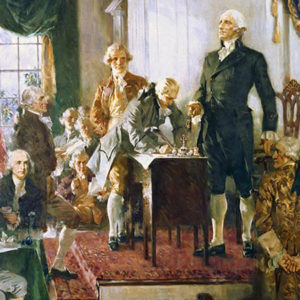
Winners and Losers in the History of Citizenship and the 14th Amendment
Birthright citizenship has a history that extends across nearly the whole of the nineteenth century. It entered legal debates during the antebellum era through the constitutional puzzle that free African Americans posed. In the era of the Civil War and Reconstruction, birthright took on new significance as questions about the incorporation of former slaves into … Continued







